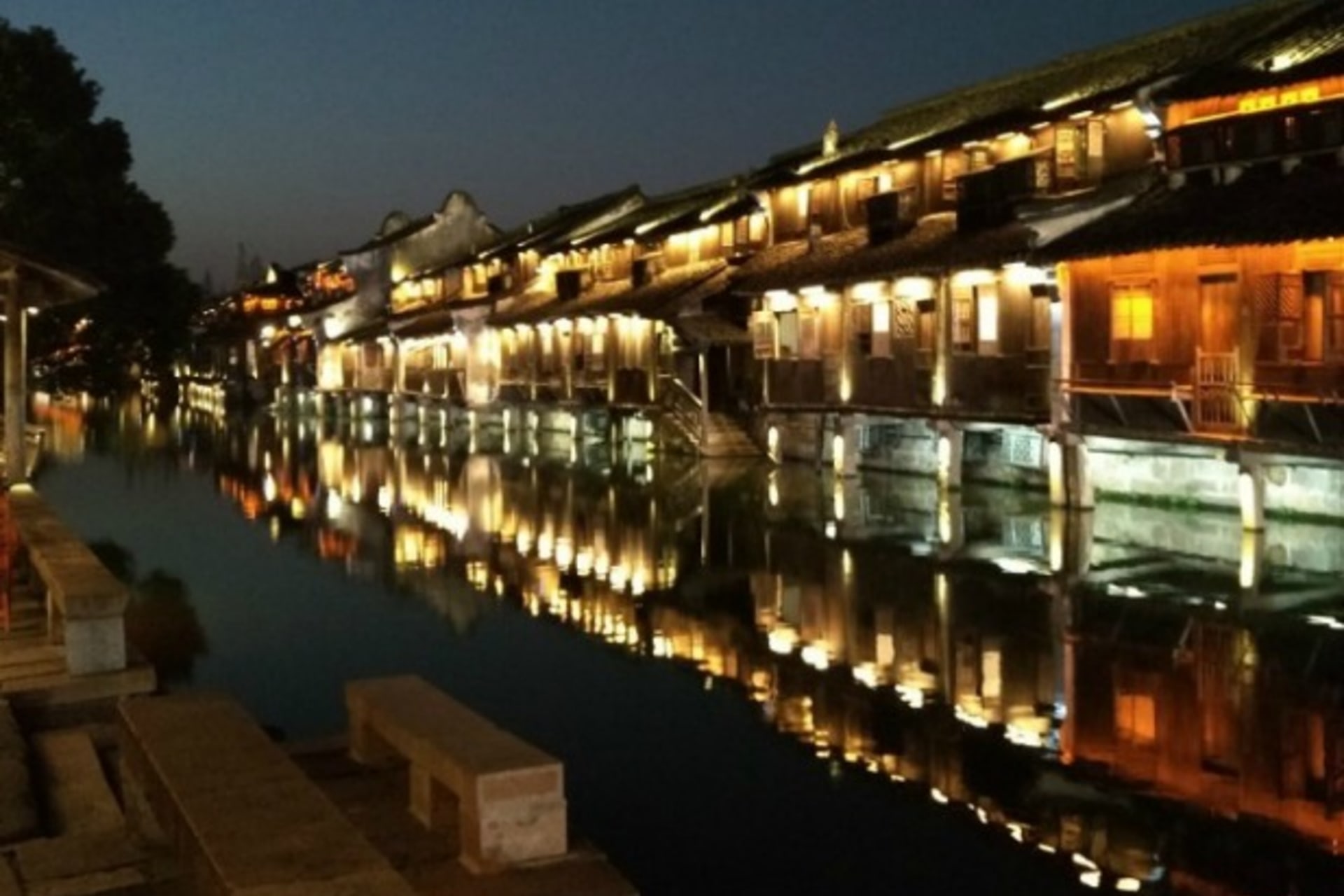Final Thoughts on China’s World Internet Conference

By experts and staff
- Published
Experts
![]() By Adam SegalIra A. Lipman Chair in Emerging Technologies and National Security and Director of the Digital and Cyberspace Policy Program
By Adam SegalIra A. Lipman Chair in Emerging Technologies and National Security and Director of the Digital and Cyberspace Policy Program
The big takeaway from the second annual World Internet Conference was Xi’s speech and his promotion of cyber sovereignty, which I wrote about here. The rest of the meeting was a bit of letdown, though the infrastructure and logistics were formidable, Wuzhen a very picturesque city to walk around, and the blue-coated volunteers friendly and helpful. But before moving on to the next conference, two quick comments on organization, and one on content.
The Chinese were clearly sensitive about the lack of high level participation from the United States and its friends. The day after the conference ended, China Daily quoted a representative from a European business association saying, “Those who did not show up at this conference have made a mistake. Because they are not present, they don’t know what the conference is really about. At this conference, I find Lu Wei is quite open and willing to listen to foreigners’ ideas.”
Besides the he “doth protest too much” quality of this quote, my experience was that the format did not allow for interaction. All of the panels had way too many people on them, very rarely did speakers address a point raised by another, and few left any time for questions and answers. (There were parallel sessions so I maybe I missed more lively meetings, but everyone I spoke with complained of the same problem.) This of course may have been a conscious decision, a reflection of a format that Chinese speakers are more comfortable with for political or cultural reasons. There was reportedly a more free-flowing discussion in a closed door session on cybersecurity, with many who wanted to participate turned away at the door. But if Wuzhen is truly going to become an important venue for discussions of the future of cyberspace the organizers should take the large demand as a spur to hold more conversations of this type next year.
At most conferences the most interesting conversations are in the hallways, at dinner, and late at night. Last year all the delegates stayed within the Wuzhen complex, and, from what I’ve heard, people ran into each other in the bars and managed to have impromptu exchanges. This year there was a large contingent who were put in a hotel about 3 km away. This was probably inevitable since the conference was almost twice as large as last year, but the Cyberspace Administration of China needs to create some venue for random encounters and discussions next year.
Quick thoughts on content: Next year I think we can expect to see an even more robust promotion of the ITU’s role in cybersecurity from China. This was signaled in Xi’s insistence that the current rules do not reflect the desires of the majority of people and the subsequent need to develop new forms of multilateral governance. The UN and the ITU are already China’s multilateral venues of choice, but comments from Zhao Houlin, ITU Secretary General, suggested a new intensity of engagement. In a panel on cyberspace governance, Zhao argued there was a distinction between Internet governance, which would involve public and private stakeholders, and cybersecurity, which would be dominated by states. Zhou called out other forums, including the London Process, which is a more inclusive set of discussions begun by the UK Foreign Ministry, as doing a good job of raising the issues. He also said the world did not need more discussions, but instead must come together to solve real problems. The ITU would serve that role, and Zhao then said he hoped he could count on China’s support.
This is a bit of a throwaway phrase, but it certainly overlaps with what the New York Times reported last week about China’s efforts to get a UN document to recognize the “leading role” of states in cybersecurity. Unfortunately, no one at the conference got a chance to ask Zhao what that meant or what role he saw China playing.
